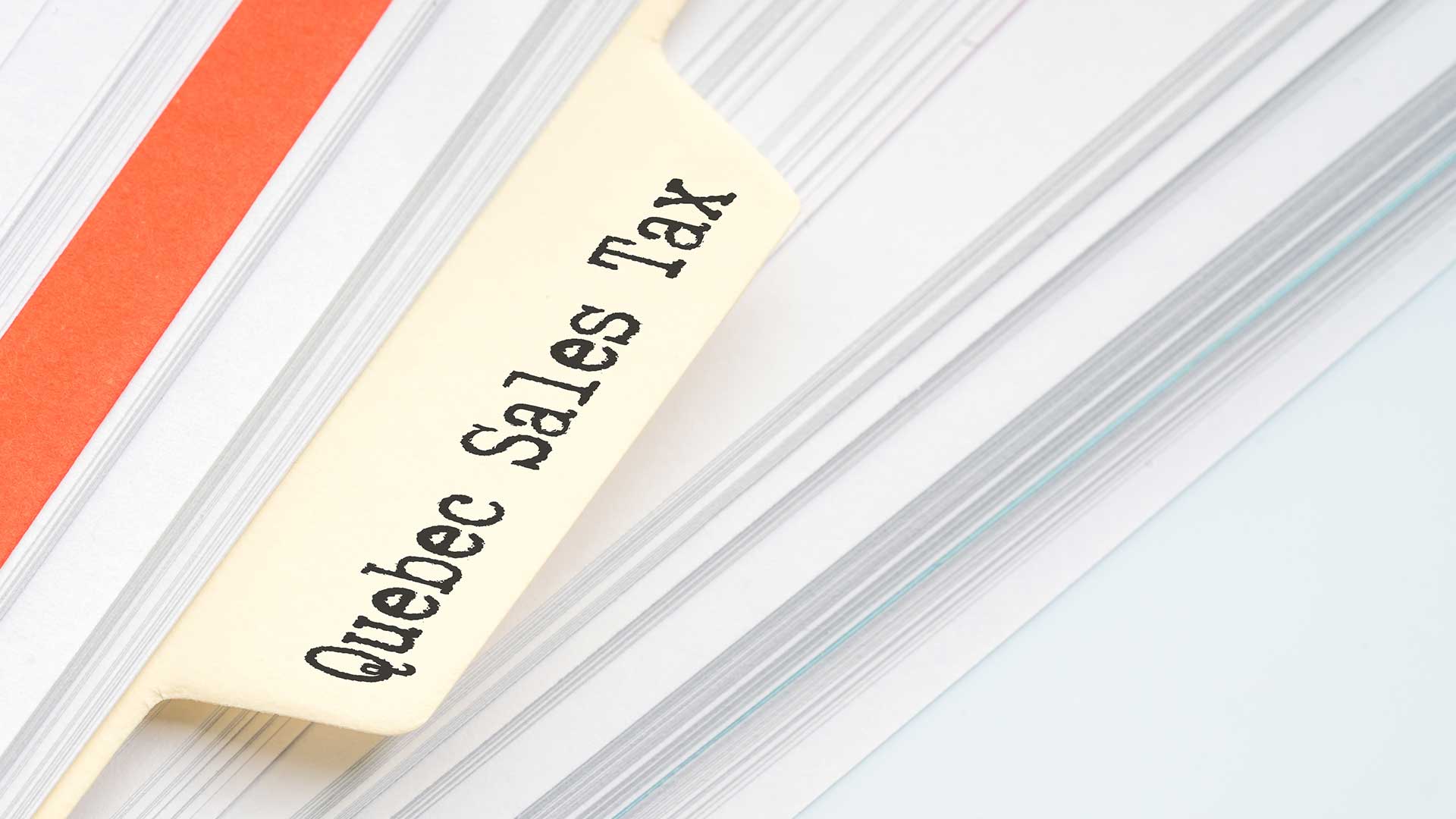The Québec budget tabled on March 27, 2018 introduced a new QST regime that takes effect on September 1, 2019 for suppliers who are resident in Canada but not residents of Québec. This legislation has three newly defined suppliers for QST purposes: Foreign Specified Suppliers (FSS), Canadian Specified Suppliers (CSS) and operators of a Specified Digital Platform (SDP).
An FSS is a supplier who:
- does not carry on a business in Canada;
- does not have a permanent establishment in Canada;
- is not registered for GST/HST purposes; and
- is not registered for QST purposes under the regular QST system.
A CSS is a supplier who:
- does not carry on a business in Québec but does in other provinces;
- does not have a permanent establishment in Québec;
- is a GST/HST registrant; and
- is not registered for QST purposes under the regular QST system.
An SDP is a digital platform where an operator:
- enables another person who is an FSS or a CSS to make a taxable supply in Québec of an intangible product or service through the use of a digital platform; and
- controls the essential elements of the transaction between the non-resident supplier and the Québec customer such as billing, the terms and conditions of the transaction and the terms of delivery.
Please note that non-residents of Canada that are registered for GST/HST are considered a CSS under these rules.
FSS and SDP’s will be taxed on sales of intangible assets such as software and digitized products as well as services sold to Specified Québec Consumers (SQC).
Canadian Specified Suppliers will be taxed on the sale of goods, intangibles, and services which means that just about every sale to an SQC could be subject to QST.
An SQC is a person who is NOT registered for QST and who resides in Québec. As such, a supplier will have to put procedures in place to determine if their customers in Québec are subject to the QST.
The legislation provides that the FSS, CSS or SDP will have to obtain, in the ordinary course of their operations, two of the following types of information:
- the customer’s billing address;
- the customer’s home or business address;
- the IP address of the device used by the customer at the time the agreement relating to the supply is entered into or similar data obtained at that time through another geolocation method;
- the customer’s payment-related bank information or the billing address used by the bank;
- the information from a SIM card used by the customer;
- the place at which a landline telephone service is supplied to the customer; or
- any other relevant information.
Revenu Québec may allow an alternative method to determine the usual place of residence when, in the ordinary course of the supplier’s operations, the supplier cannot obtain two corroborating pieces of information. In this case, it is recommended that these procedures be well documented.
Therefore, if a business is not located in Québec and selling goods or services to Québec based businesses or individuals who are registered for QST, then these sales do not count under this new specified QST regime. This new regime would appear to target sales to individuals or end consumers.
An FSS and operators of an SDP will have to start collecting the QST starting on January 1, 2019, and a CSS will have to start collecting it on September 1, 2019.
An FSS or a CSS who deals directly with Québec consumers will have to collect the QST whereas those who deal through an SDP for the sale of intangibles and services will not. In this case, the responsibility to collect and remit the QST is with the operator of the SDP.
The reporting period for this new QST regime goes by calendar quarter and the filing deadline is the end of the month following the end of the calendar quarter. For example, in 2019, the first reporting period is January to March 2019, and as such, the QST return must be filed, and QST must be remitted by April 30, 2019. The QST return is filed online on the Revenu Québec web site and the payment can be made in Canadian dollars, US dollars or Euros.
Unlike the general QST system, registrants under this regime will not be entitled to recover any QST that they may pay on business purchases in Québec as the new system is strictly a QST collection system on sales made to consumers in Québec.
An FSS, a CSS or an operator of an SDP will be required to become a registrant under the new QST regime from the first day of a particular calendar month where they exceed the income threshold of $30,000. The threshold is based on sales made to individual consumers in Québec in the preceding 12-month period. Accordingly, where an FSS, a CSS or an SDP makes sales of these specified supplies to individual consumers in Québec that exceed $30,000, it will be required to become registered for the new QST regime. The QST registration process is available online through the Revenu Québec web site.
For more information on this topic, please contact your McCay Duff advisor.
Contact Us




